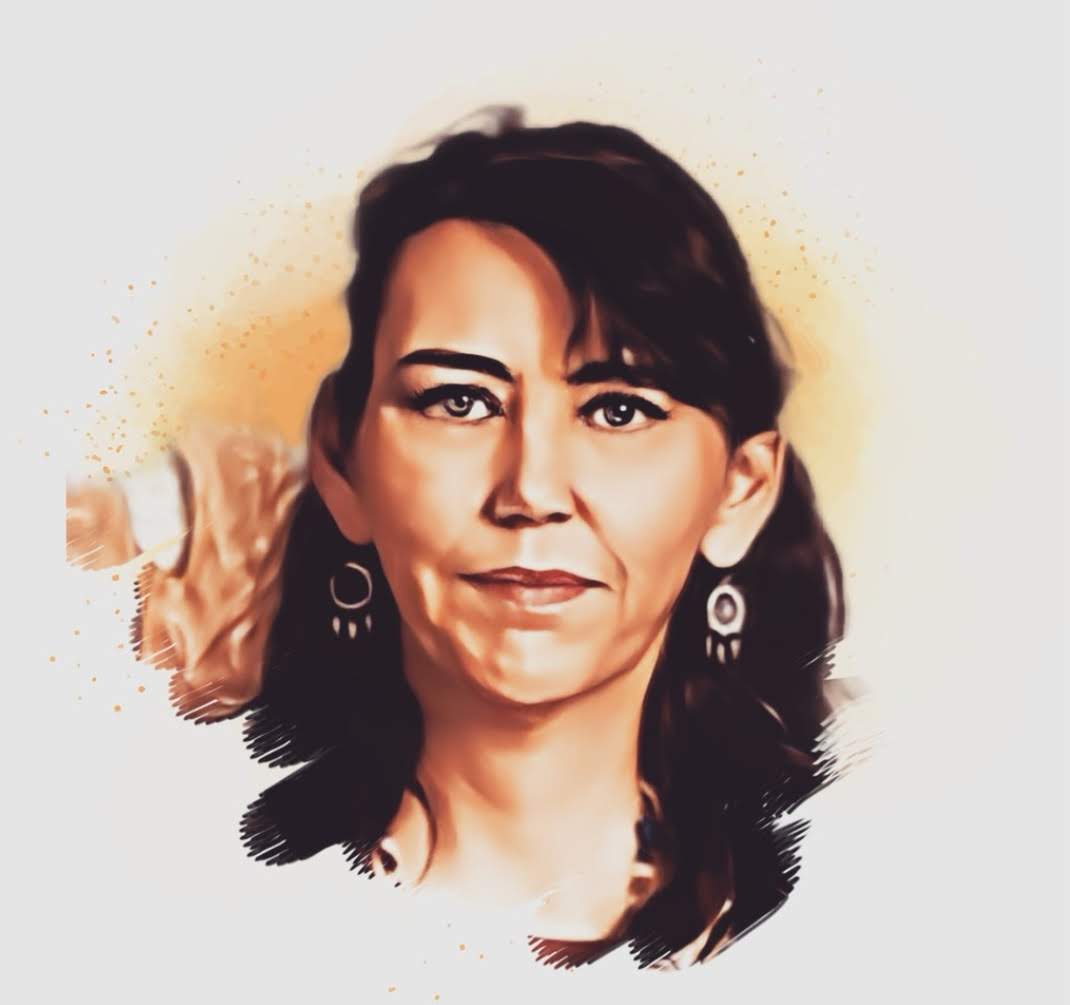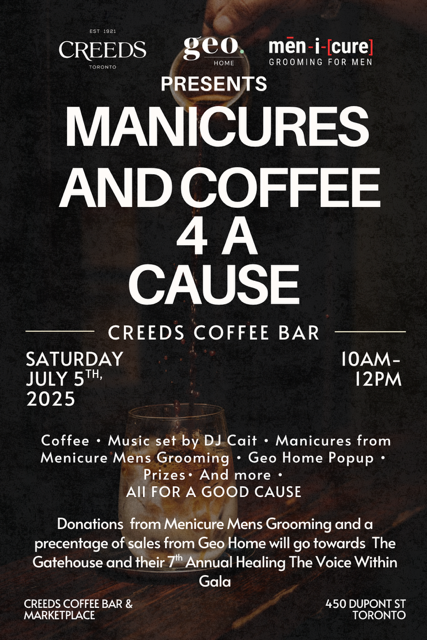For some survivors, exploring the possibility of taking action against the abuser(s) is an important part of the healing process.
Suing:
Suing the perpetrator and possibly an institution that was responsible for the perpetrator sexual abuse can bring many benefits. In a civil case, a lawyer represents the survivor, called the plaintiff, can examine the perpetrator, called the defendant, to test the credibility of the perpetrator. Proving that the sexual abuse happened is also easier in a civil case than in a criminal case. A civil case can give compensation from a couple of thousand dollars to hundreds of thousands and maybe more. But, apart from the money, many survivors regain a sense of control of their life because they chose to bring the case and controlled the process where the perpetrator (and possibly institution) are held responsible for the abuse. And, sometimes most importantly, there comes an acknowledgement that the survivor was believed and that it was not their fault.
Civil cases also have a lot of cons. Not everyone who was abused can sue. While there is no time limit in bringing a civil case, there are still a lot of considerations as to whether the case can or should be started. Is there a prospect that the defendants will be found liable? Can the defendants even pay the damages? A plaintiff will have to tell their story to a lot of strangers and be cross-examination. The defendant will try to blame the plaintiff’s problems on everything other than the alleged abuse. A case can take many years to resolve and success is not guaranteed. And finally, the most important consideration is how will a survivor cope with litigation and the possibility of not winning. A survivor’s health and especially mental is paramount.
Reporting to police:
Going to the police is also a possibility. If seeing the perpetrator suffer being accused of a sexual crime and possibly ending up behind bars is important, then a survivor must go to the police as the criminal justice system is the only way to make this happen. The cons can be substantial though. The system is designed to give the accused every possible break during the case. They do not have to testify. The survivor must testify. They are represented by a lawyer while the survivor is not. Even if the accused is found guilty, the sentence may be very low, sometimes without jail time. Most importantly perhaps is that not guilty does not mean innocent. It only means that there was not enough proof. Technicalities can and do let guilty perpetrators go free.
Both:
Going to the police and suing can both be done, but, preferably not at the same time.
None:
Sometimes real power comes from knowing that a survivor holds all the options and can choose when and if to start the process that is right for them.
There may be other possible options available to some survivors such as applying to the Criminal Injuries Compensation Board or the Human Rights Tribunal. Professionals such as lawyers and therapists can help a survivor decide what is the best and healthiest way to proceed.
Every survivor makes their own choice and their choice is always the right choice.
Thank you Simona Jellinek , Jellinek Law Office, for your dedication and commitment to helping survivors.
For more information about legal options for survivors of childhood sexual abuse, contact Jellinek Law Office at:


